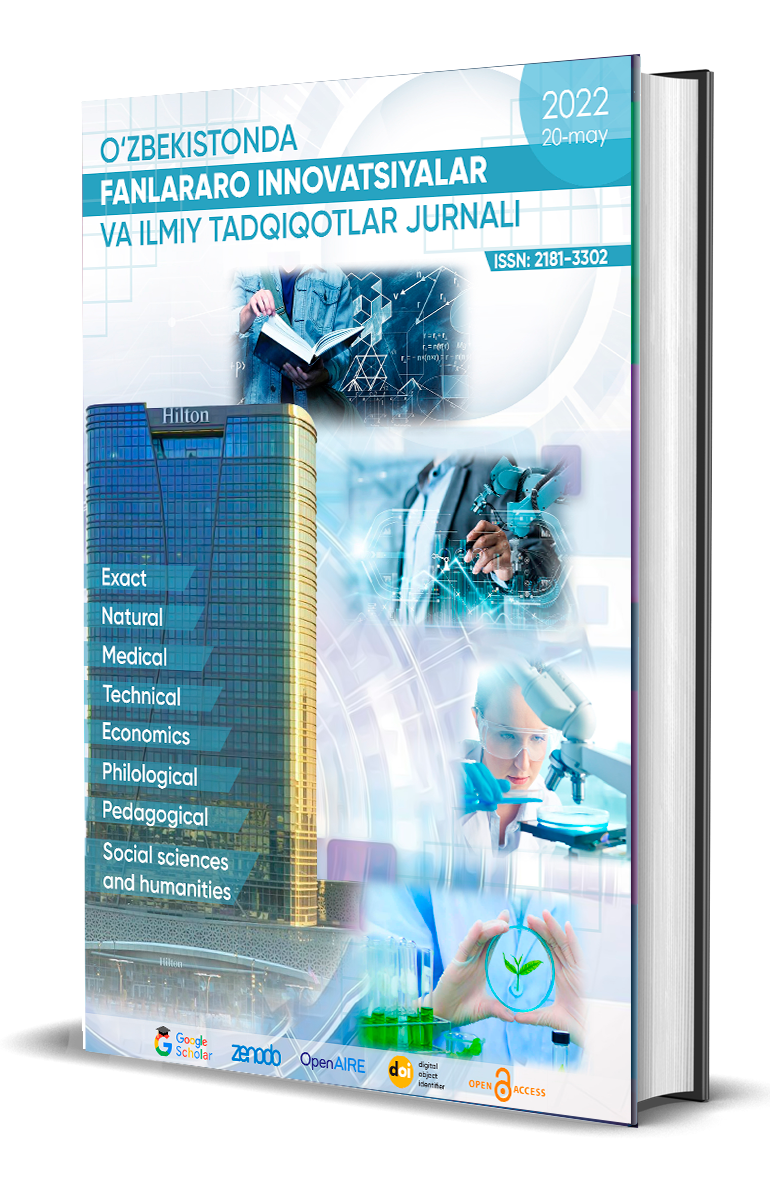INVESTIGATING HOW CREATIVE WRITING EXERCISES CAN IMPROVE LANGUAGE PROFICIENCY AND SELF-EXPRESSION
Keywords:
creative writing, vocabulary proficiency, language learning, active engagement, contextual applicationAbstract
This study investigates the effectiveness of incorporating creative writing exercises into language learning curriculum to enhance vocabulary proficiency among students. Using a mixed-methods approach, the researchers surveyed 8 senior-level English philology students to explore their perceptions and experiences regarding the impact of creative writing on vocabulary development. The findings indicate that the majority of participants believe creative writing activities, such as short story writing and poetry composition, are more effective for vocabulary expansion compared to traditional rote memorization methods. The results suggest that the active engagement and contextualized application of new words inherent in creative writing tasks can lead to significant improvements in learners' vocabulary proficiency.
References
1. Arșovan, A. M. (2023). Enhancing Student Participation and Language Skills with Creative Writing Activities: The Case Study of Upper Secondary Students from a School in Romania. Research and Education, (9), 128-147.
2. Arumugam, N., Munchar, J., Subramaniam, A. L. B., & Selvanayagam, S. (2020). Figure It Out: Creative Language Expressions in ESL Writing Classrooms. Universal Journal of Educational Research, 8(9), 4187-4192.
3. Banegas, D. L., & Lowe, R. J. (2021). Creative writing for publication: An action research study of motivation, engagement, and language development in Argentinian secondary schools. Studies in Second Language Learning and Teaching, 11(3), 401-421.
4. Fitria, T. N. (2024). Creative Writing Skills in English: Developing Student's Potential and Creativity. EBONY: Journal of English Language Teaching, Linguistics, and Literature, 4(1), 1-17.
5. Morris, P. (2022). Creative writers in a digital age: Swedish teenagers’ insights into their extramural English writing and the school subject of English. Malardalen University (Sweden).
6. Tajiki, Z., & Mousapour Negari, G. (2022). Fostering Pre-intermediate EFL Learners’ Writing Confidence and Writing Fluency through Creative Writing: Investigating the Role of Personality. Iranian Journal of English for Academic Purposes, 11(4), 39-52.





